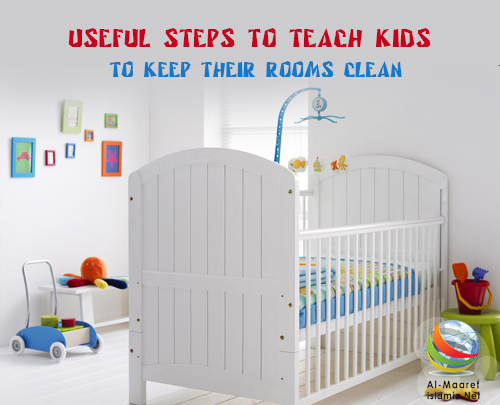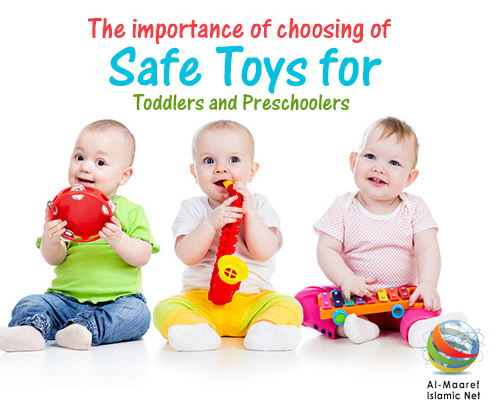How To Build Your Child’s Confidence
Not everyone is seen as worthy or is accepted in the society. Instead, we reserve praise and admiration to the few who have been blessed from birth with the characteristics we wrongly value most highly -beauty, brains and riches. It is a vicious system, and we must counterbalance its impact by helping young people to develop self-esteem.
All children are created worth wise and are due the rightful personal respect and dignity. But how can we, as parents, build strong egos and indomitable spirits in our children? There are strategies by which we can instill confidence and self-worth:
Examine Your Own Values
Are you secretly disappointed because your child is ordinary? Have you rejected him, at times, because he lacks charm or is awkward? Do you think your child is stupid?
A sizeable portion of a child’s self-concept emerges from the way he thinks you see him. When the child is convinced he is loved and respected by the parents, he is inclined to accept his own worth as a person.
Many children know they are loved by their parents, but don’t believe they are held in high esteem by them. A child can know that you would give your life for him, yet still detect your doubts about his acceptability. You are nervous when he speaks to guests. You interrupt to explain what he was trying to say, or laugh when his remarks sound foolish. Parents need to guard what they say in the presence of the children.
Parents must also take the time to introduce children to good books, to fly kites and play football with them, listen to the skinned-knee episode and talk about the bird with the broken wing. These are the building blocks of esteem.
Teach a "Think Positive" Policy
One of the characteristics of a person who feels inferior is that he talks about his deficiencies to anyone who will listen.
While you are blabbing about your inadequacies, the listener is forming an impression of you. He will later treat you according to the evidence you have provided. If you put your feelings into words, they become solidified as fact in your own mind.
Therefore, we should teach a "think positive" policy to our children. Constant self-criticism can become a self-defeating habit.
Help Your Child Compensate
Our task as parents is to serve as a confident ally, encouraging when children are distressed, intervening when threats are overwhelming, and giving them the tools to overcome the obstacles. One of those tools is compensation. An Individual counterbalances weaknesses by capitalizing on his strengths. It is our job to help our children find those strengths.
Perhaps a child can establish his niche in arts. May be he can build model airplanes or keep rabbits or play football. Nothing is more risky than sending a child into adolescence with no skills, no unique knowledge, and no means of compensating. He must be able to say: "I may not be the most popular boy in the school, but I am the best football player in the team."
I recommend that parents assess a child’s strength, and then select a skill with the best chance for success. See that he gets through the first stage. If you find you have made a mistake, start again on something else. But don’t let inertia keep you from, teaching him a skill.
To be continued ...
* By: Aisha Mutuku, Dar-Es-Salaam, Tanzania




















